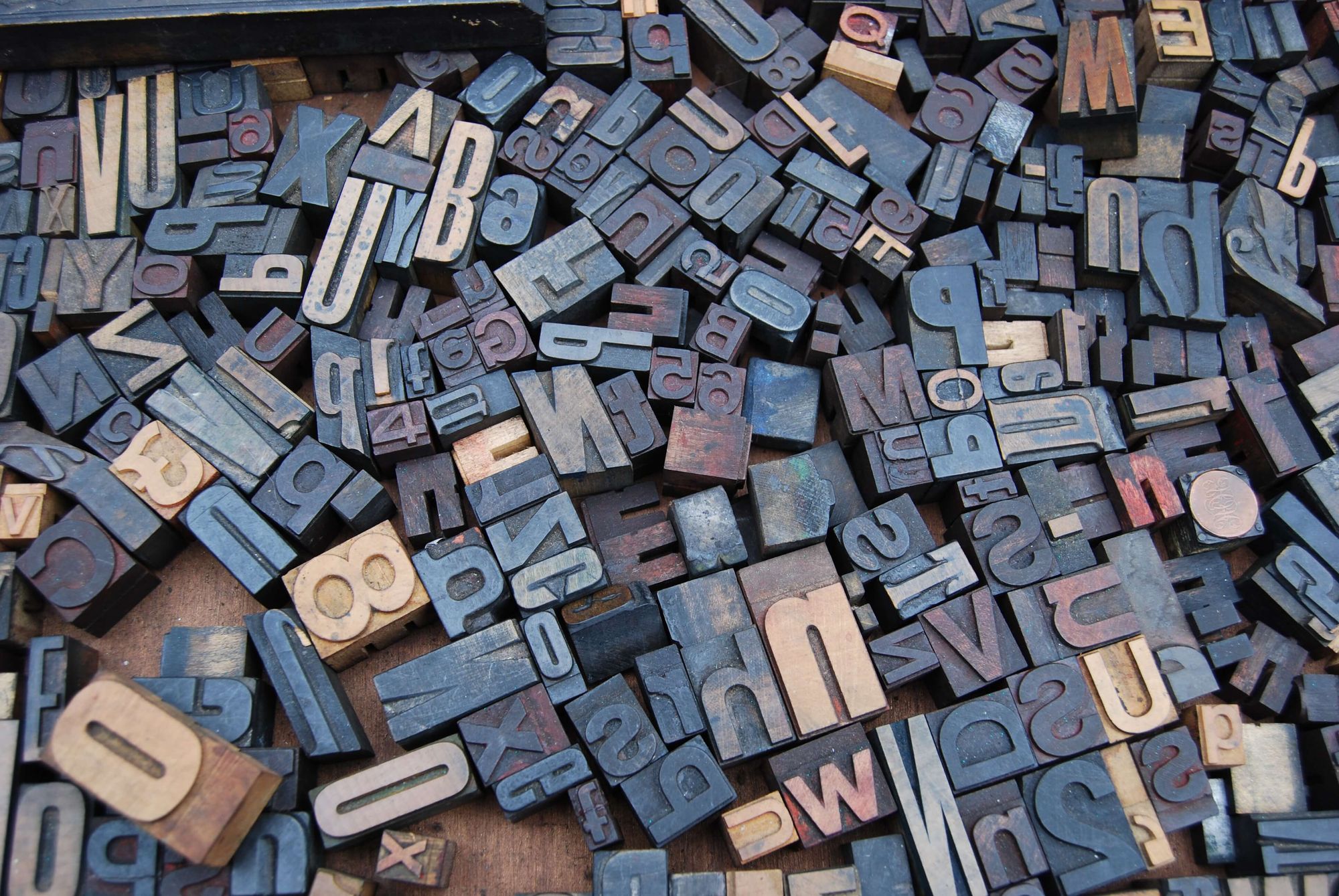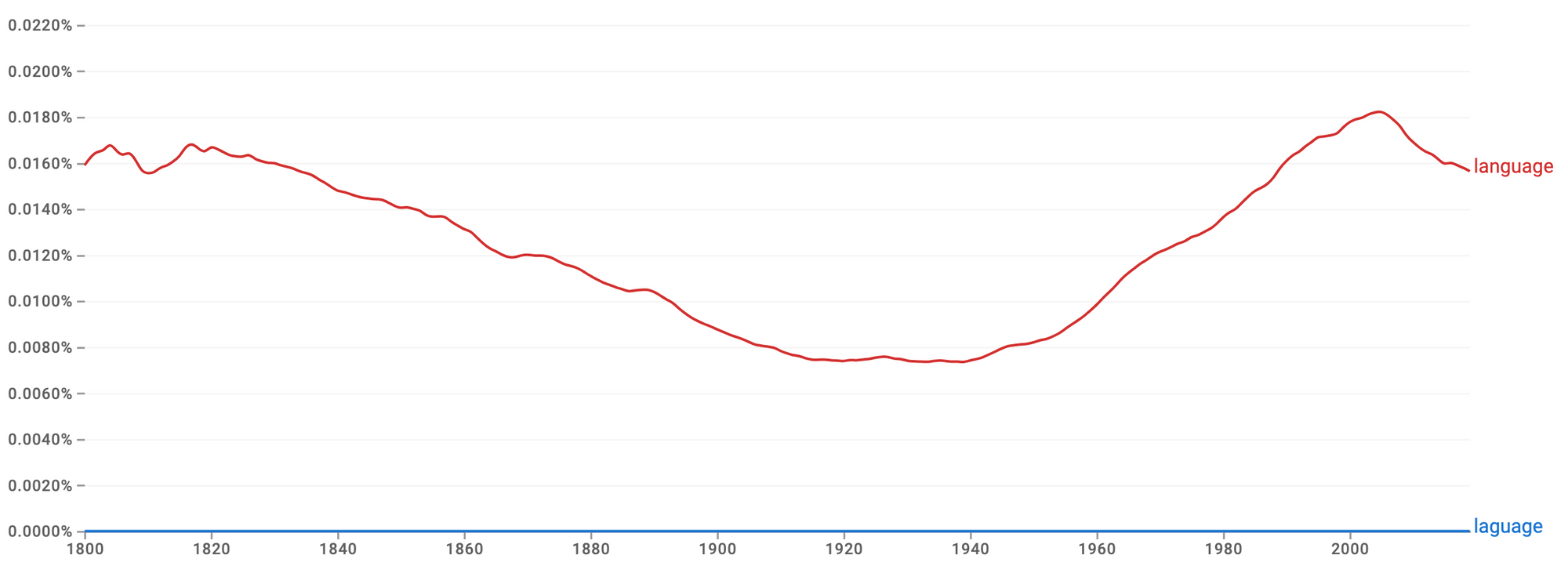- "Laguage" is an incorrect spelling of the word "language."
- "Language" is a system of communication that involves the use of symbols, such as words and gestures, to convey meaning within a community or between individuals.
❌ She studied the nuances of the French laguage to better understand its cultural significance.
✅ She studied the nuances of the French language to better understand its cultural significance.
In this sentence, "language" refers to the system of communication encompassing words and expressions used in French, enabling individuals to convey and comprehend cultural meanings.
What does "language" mean?
Imagine a giant toolbox filled with colorful paints, screwdrivers, and even musical instruments! Language is like that toolbox, but instead of physical objects, it contains tools for building worlds, sharing ideas, and connecting with others.
Here are some ways to think about language:
- Communication system: We use words, sounds, gestures, and even symbols to send and receive messages, telling stories, expressing emotions, and planning our next move.
- Cultural expression: Each language is unique, reflecting the history, traditions, and values of its speakers. It's like a fingerprint, revealing a community's identity.
- Creative playground: Language allows us to paint vibrant pictures with words, construct intricate arguments, and sing melodies with our voices. It's a space for imagination and endless possibilities.
- Social glue: Language helps us build communities, understand each other, and work together towards common goals. It's the bridge that connects us on a human level.
So, language is much more than just words on a page; it's a dynamic, constantly evolving system that shapes our thoughts, connects us to others, and allows us to explore the world around us in a million different ways.

The use of "laguage" and "language" over time
The Ngram graph below shows how often "laguage" and "language" have been used from the 1800s to the 2000s. "Language" has declined in use until dipping in the 1920s and steadily increasing afterwards, while its misspelling "laguage" has always seen nearly zero use.

How to pronounce "language"
In both British and American English, "language" is pronounced like "lang·gwuhj".
This is just the standard pronunciation, and there may be slight variations depending on regional accents and individual speech patterns.
Why would we misspell "language" as "laguage"?
1. Typo: "Laguage" is essentially "language" with a missing "n", which means someone could accidentally skip the "n" while writing. This is especially common when typing quickly or not focusing closely on the spelling.
2. False Analogy: Some individuals might incorrectly draw an analogy with words like "baggage" or "cabbage," where a single "a" is used without the following "n". This false connection could lead them to believe that there is no "n" in "language," resulting in the misspelling "laguage".
Other common misspellings of "language"
- Langauge
- Languge
- Languag
- Languaje
- Langauage
Example sentences of the misspelling of "language" as "laguage"
- Be cautious not to use the misspelling "laguage"; the accurate term is "language" when referring to communication systems.
- Incorrectly spelling "laguage" could lead to misunderstandings; ensure you use the correct spelling, "language," in your writing.
- Avoid the common error of writing "laguage"; the proper term is "language" to convey the idea of communication.
- Using "laguage" may compromise the clarity of your message; opt for the correct spelling, "language," in your communication.
- Remember to proofread and correct the misspelling "laguage" to accurately represent the concept of language.
Example sentences of "language"
- Learning a new programming language can open doors to diverse career opportunities in technology.
- Nonverbal language, such as body gestures and facial expressions, plays a crucial role in effective communication.
- Poetry is a powerful form of language that allows artists to express complex emotions and ideas.
- The study of sign language is essential for effective communication with individuals who are deaf or hard of hearing.
- The diplomatic negotiations required a nuanced understanding of diplomatic language to navigate complex international relations.
- Slang and colloquial expressions are dynamic aspects of language that evolve over time and reflect cultural shifts.
- Animals communicate through various forms of language, including vocalizations and body movements.
- The legal language in contracts and agreements requires careful scrutiny to ensure clear and precise interpretation.
- Regional dialects contribute to the rich tapestry of language diversity across different areas and communities.
- The linguistic landscape of a multicultural city often reflects the coexistence of multiple languages and linguistic influences.
🖊️ Occured or Occurred: Which Is Correct?
🖊️ Bisness vs. Business: Which is Correct?
Synonyms for "language"
- Tongue
- Speech
- Dialect
- Vernacular
- Lexicon

Want to sound like a native speaker?
Engram’s AI-powered grammar checker makes your English sound like a native speaker’s, suggesting natural English expressions on top of fixing grammar, spelling, punctuation, word order, and vocabulary.

References:














